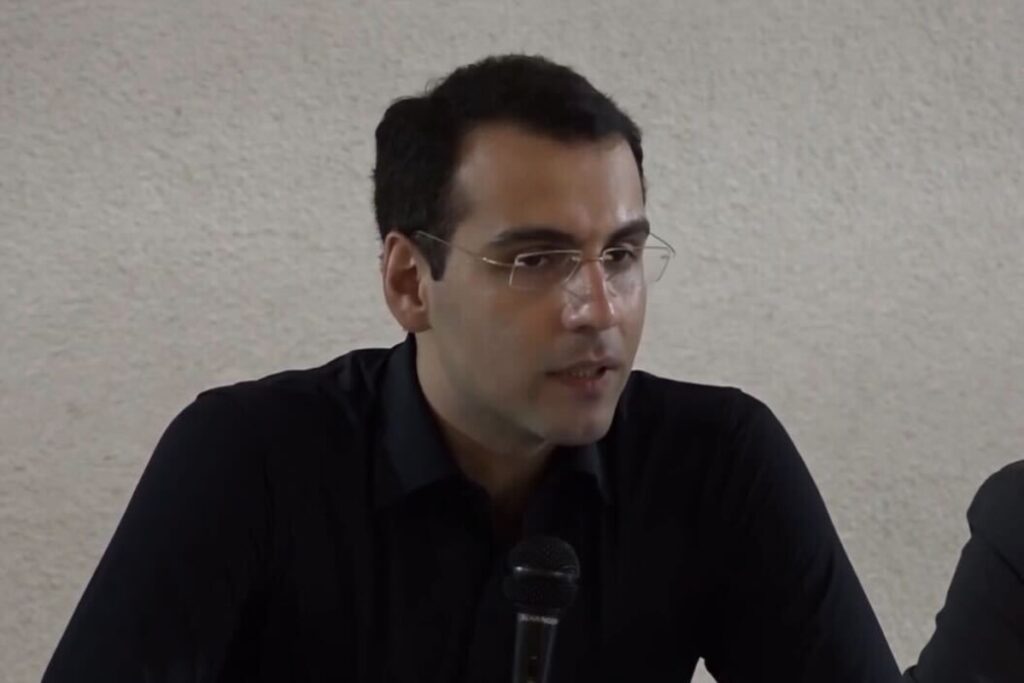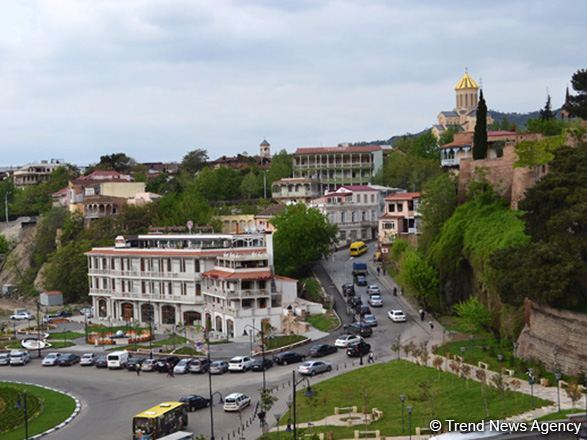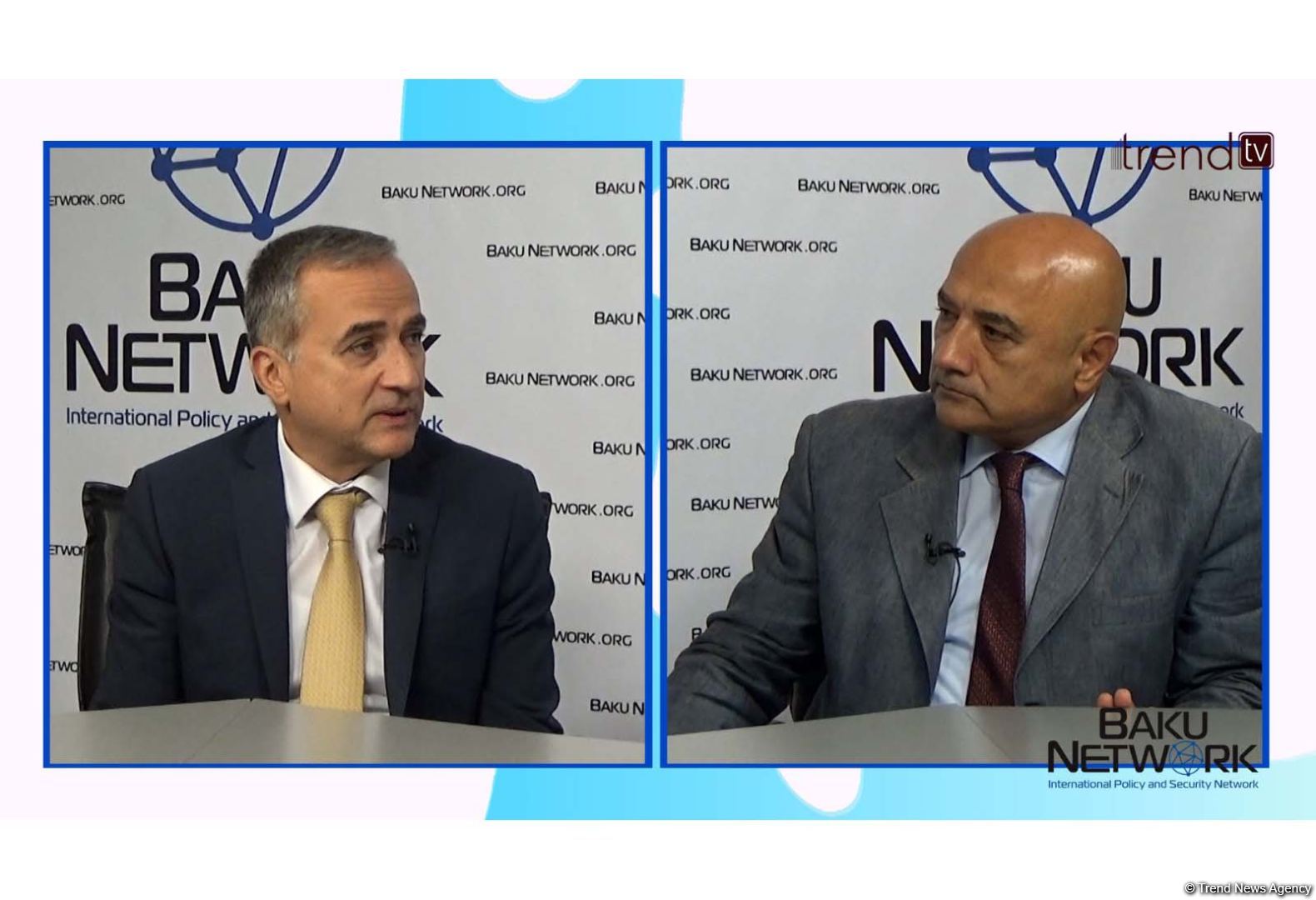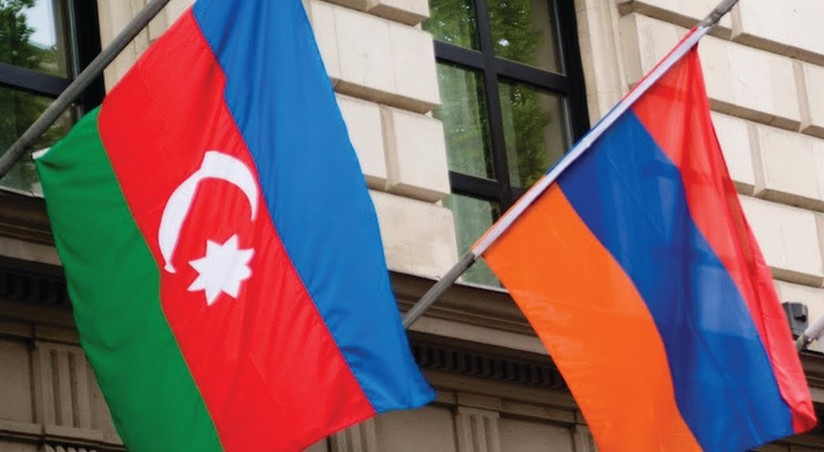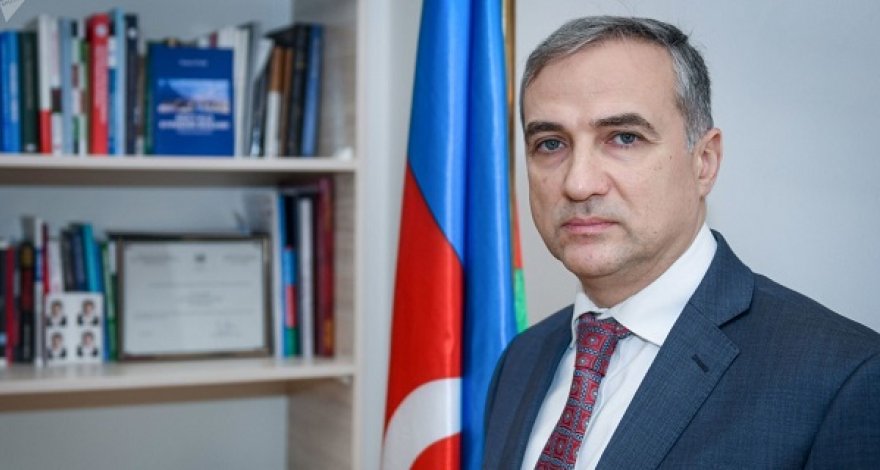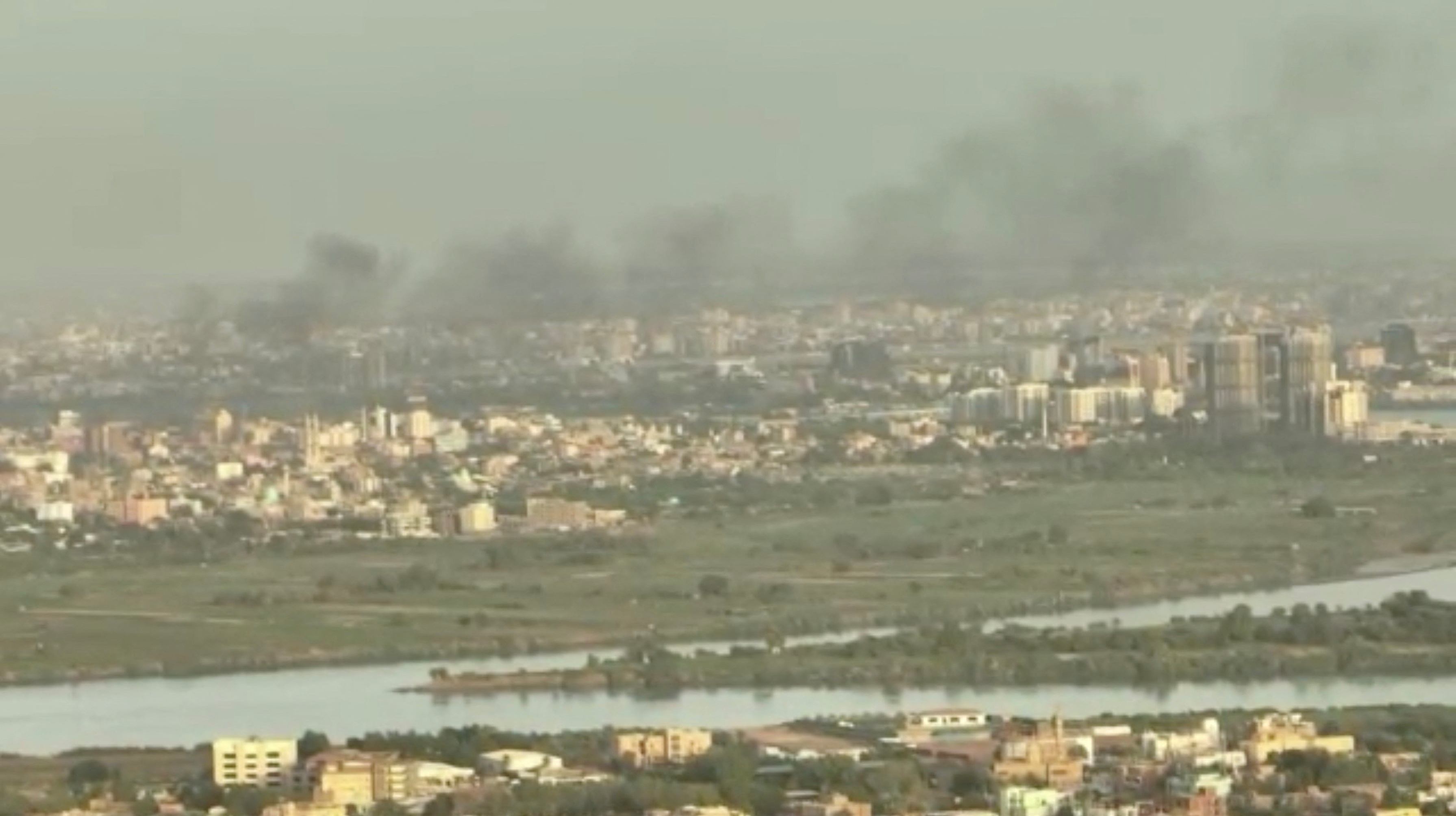The Lachin Corridor, connecting Nagorno-Karabakh to Armenia, remains blocked by Azerbaijan, as the region continues to grapple with supply shortages amid calls for its reopening.
Nagorno-Karabakh has been under blockade since December last year and has experienced increasingly severe food, medicine, and energy shortages since. The Red Cross and the Russian peacekeeping mission stationed in Nagorno-Karabakh have been unable to deliver supplies and humanitarian aid since June.
Stepanakert announced on Saturday its willingness to receive humanitarian aid sent by the Russian Red Cross through Azerbaijan-controlled territory, a change in position that came hours after the region’s parliament elected Samvel Shahramanyan as president, replacing Arayik Harutyunyan.
Nagorno-Karabakh officials stated that they would accept the delivery of humanitarian aid via the Aghdam–Stepanakert road due to ‘acute humanitarian problems’. It added that an agreement was reached ‘at the same time’ to allow Russian peacekeepers and the Red Cross to resume their transport of humanitarian aid via the Lachin Corridor, which connects Nagorno-Karabakh to Armenia.
However, the Lachin Corridor remains closed despite the arrival of one lorry of Russian humanitarian aid from Aghdam on Tuesday.
The blockade continues
Authorities in Baku and Stepanakert have mutually exchanged accusations and blame for the closure of the Lachin CorridorLachin.
On Thursday, Nagorno-Karabakh’s former state minister Ruben Vardanyan accused Azerbaijan of having ‘renounced established agreements’ in not allowing goods to be transported through the Lachin Corridor following the transportation of Russian humanitarian aid through Aghdam.
Artak Beglaryan, another former State Minister, has said that despite Aliyev’s regime had reneged on its promise to reopen the Lachin Corridor once humanitarian aid entereds the region via Aghdam.
The genocidal Aliyev regime has once again lied.
They publicly promised that once a truck enters from Azerbaijan to Nagorno-Karabakh, the Lachin Corridor would be opened in 24 hours.Over 38 hours’ve passed since the entry of a RU truck, but the Lachin Corridor remains blocked.
— Artak Beglaryan | #StopArtsakhGenocide (@Artak_Beglaryan) September 13, 2023
However, Aykhan Hajizada, spokesperson for the Azerbaijani Foreign Ministry, blamed the continued closure of the Lachin Corridor on Stepanakert.
‘As Azerbaijan noted during high-level contacts with the US and other partners, Azerbaijan agreed to the issue of the simultaneous use of these two roads through the ICRC. Unfortunately, the party that prevents the implementation of this agreement is the puppet regime created by Armenia in the Karabakh region.’
In mid-August, Nagorno-Karabakh reported that a 40-year-old man starved to death in the region, as authorities in Stepanakert warned of the blockade’s effect on the public health sector and vulnerable groups — children, pregnant women, people with chronic diseases, people with disabilities, and the elderly.
The region has also grappled with an acute shortage of fuel and electricity supplies from Armenia, which has led to blackouts and the suspension of public transport, cutting settlements off from each other.
[Read more: ‘Bread is all we have’: Nagorno-Karabakh’s population faces threat of starvation]
Calls for the Lachin Corridor’s opening
Both Russian and Western officials have commented in the days since the delivery of aid via the Aghdam road, with Western officials calling for the Lachin Corridor’s opening while Russian officials have maintained a more neutral position.
On Friday, Kremlin Spokesperson Dmitry Peskov stated that ‘different options are being discussed and worked out with the parties’, while refusing to directly comment on a question regarding the need to reopen the Lachin Corridor.
Following the delivery of Russian humanitarian aid to the blockaded region, Russian Foreign Ministry Spokesperson Maria Zakharova stated her expectation that the Lachin Corridor would be reopened, and that humanitarian aid would ‘regularly enter the region from both directions’.
Russian President Vladimir Putin also attempted to assuage fears of potential violence in Nagorno-Karabakh, stating that Baku had told Moscow that it ‘is not interested in any ethnic cleansing whatsoever’.
In the West, top EU diplomat Joseph Borrel reiterated that while the opening of the Aghdam–Stepanakert road could be ‘part of the solution’ to the blockade, it should not be an alternative to the Lachin Corridor.
In a call with
Foreign Minister @Bayramov_Jeyhun, I reiterated my concerns regarding the humanitarian situation facing Karabakh Armenians.
The Lachin corridor must be re-opened now. Other roads, such as Aghdam, can be opened as part of the solution, but not an alternative.
— Josep Borrell Fontelles (@JosepBorrellF) September 9, 2023
On Tuesday, European Council President Charles Michel similarly stated that the EU considered delivery of Russian humanitarian aid through Aghdam ‘an important step that should facilitate the reopening also of the Lachin corridor’. He also called on all parties ‘to show responsibility and flexibility in ensuring that both the Lachin and the Aghdam–Askeran route will be used’.
‘We reiterate our strong belief that the Lachin corridor must be unblocked, in line with past agreements and the ICJ Order, and underline our belief in the usefulness also of other supply routes, for the benefit of the local population,’ Charles Michel said.
Earlier this week, the US State Department expressed its concern about ‘the rapidly deteriorating humanitarian situation in Nagorno-Karabakh’, and called for the ‘immediate and simultaneous opening of both corridors’ to allow the movement of ‘desperately-needed humanitarian supplies’ to Nagorno-Karabakh.
In a press briefing on 11 September, State Department Spokesperson Matthew Miller also urged the leaders of Armenia and Azerbaijan to not take any actions that could raise tensions in the region.
Earlier, Miller had stressed the importance of opening the Lachin Corridor as well as the Aghdam road, urging Armenia and Azerbaijan to come to an ‘ultimate agreement’.
Also in Washington, Mike Abramowitz, the president of American rights watchdog Freedom House, stated that the blockade of the Lachin Corridor ‘risks ethnic cleansing of the region’s Armenian population’.
‘We urge the Azerbaijani government to engage sincerely in peace talks, refrain from weaponising the security of Nagorno-Karabakh Armenians, and unconditionally open the blockade to guarantee unimpeded two-way movement of people, vehicles, and cargo along the Lachin corridor’, stated Abramowitz.
Freedom House also urged the UN Human Rights Council to appoint a special rapporteur ‘to assess the human rights situation in Nagorno-Karabakh.’
For ease of reading, we choose not to use qualifiers such as ‘de facto’, ‘unrecognised’, or ‘partially recognised’ when discussing institutions or political positions within Abkhazia, Nagorno-Karabakh, and South Ossetia. This does not imply a position on their status.
The post Lachin Corridor remains closed despite ‘rapidly deteriorating humanitarian situation’ first appeared on The News And Times – thenewsandtimes.com.


